SUMMARY
The PROGRAM FOR THE PROTECTION OF SEXUAL AND REPRODUCTIVE RIGHTS IN INDIGENOUS COMMUNITIES IN THE COLOMBIAN ANDEAN MOUNTAINS 2020-2030 is an initiative led by ENVIRONMENTAL WOMEN ORG with the aim of guaranteeing safe access to abortion and strengthening the sexual and reproductive rights of 50,000 women, girls and LGBTI people belonging to the Narakajmanta, Arahuac, Wiwa and Kankuamos communities in the Sierra Nevada de Santa Marta. In a context where climate change destroys health infrastructure, exacerbates gender violence and restricts access to essential health services, this program adopts a comprehensive approach that combines reproductive health, climate resilience and gender justice to address the structural barriers that perpetuate the exclusion and vulnerability of these populations.
Indigenous communities in the Sierra Nevada de Santa Marta face extreme conditions resulting from climate change, including prolonged droughts of up to nine months and torrential rains that destroy 70% of the health infrastructure. This crisis has eliminated the operation of local clinics, depriving indigenous women of access to medical personnel, essential medicines and safe abortion services. In addition, the lack of drinking water and electricity in health centers prevents the provision of basic obstetric and gynecological care. At the same time, water collection, an activity carried out mainly by indigenous women and girls, exposes them to a 60% risk of sexual violence, a figure that increases by 30% during extreme weather events, which translates into a significant increase in forced pregnancies without the possibility of safe termination. In this context, the intersection between the collapse of health infrastructure, the climate crisis and gender violence turns women’s bodies into a battlefield where multiple inequalities converge. To respond to this crisis, the program will implement four climate-resilient mobile clinics, equipped with renewable energy and trained medical staff, capable of operating in extreme conditions and ensuring access to safe abortion services for at least 30,000 women. In addition, 40 community reproductive care points will be established for the distribution of essential medicines and the provision of emergency contraception. The creation of the Indigenous Secretariat for Reproductive and Climate Resilience will allow for community governance of sexual and reproductive health services, with the participation of 20 indigenous representatives. A reproductive health monitoring system will be implemented, operated by 50 trained indigenous midwives, who will record and channel cases of forced pregnancies and sexual violence to the corresponding medical and legal services.
Likewise, the program contemplates the formation of eight rapid response teams to address reproductive emergencies and cases of sexual violence, ensuring that at least 80% of victims receive immediate medical and legal assistance. In terms of social transformation, 500 awareness-raising sessions on reproductive health and safe abortion will be held for indigenous families, along with ten community fairs that will facilitate access to reliable and culturally relevant information. In parallel, the production of ten mini-documentaries broadcast on digital platforms and community media will guarantee the dissemination of the program and contribute to the destigmatization of abortion in indigenous contexts.
The expected impact of this program is an 80% reduction in forced pregnancies in indigenous communities, the consolidation of a reproductive health system adapted to the climate crisis, and the creation of indigenous public policies that guarantee the reproductive autonomy of these communities. This model, a pioneer in Latin America, seeks to generate a replicable precedent in other indigenous territories affected by climate change and the lack of access to sexual and reproductive rights.
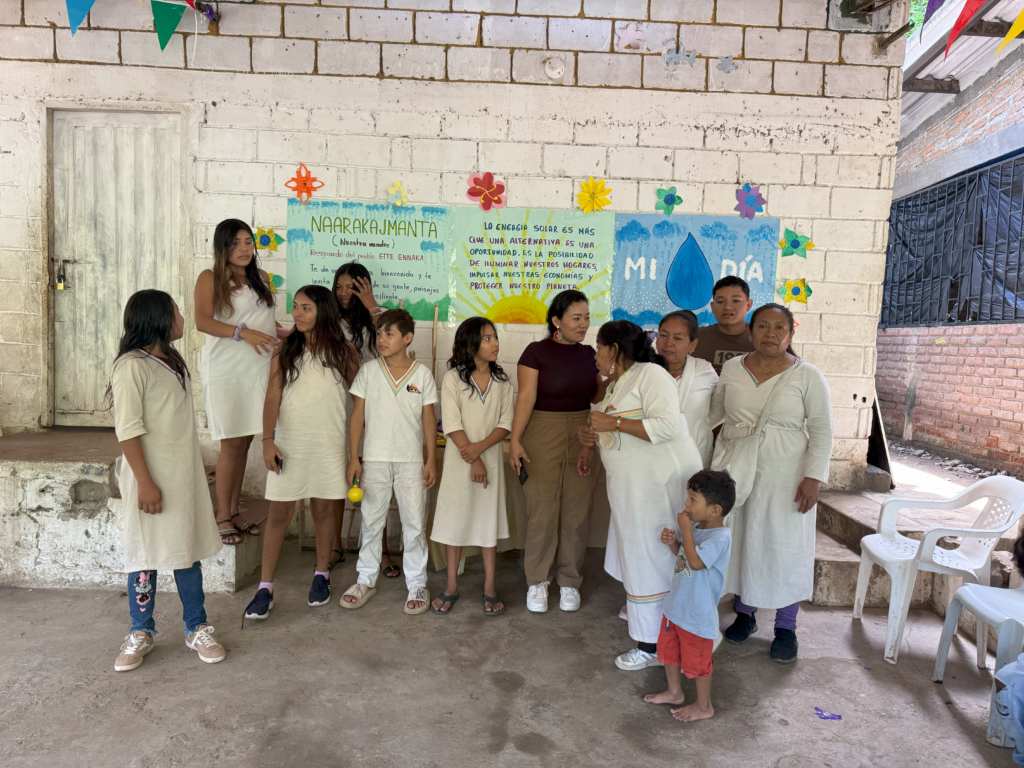
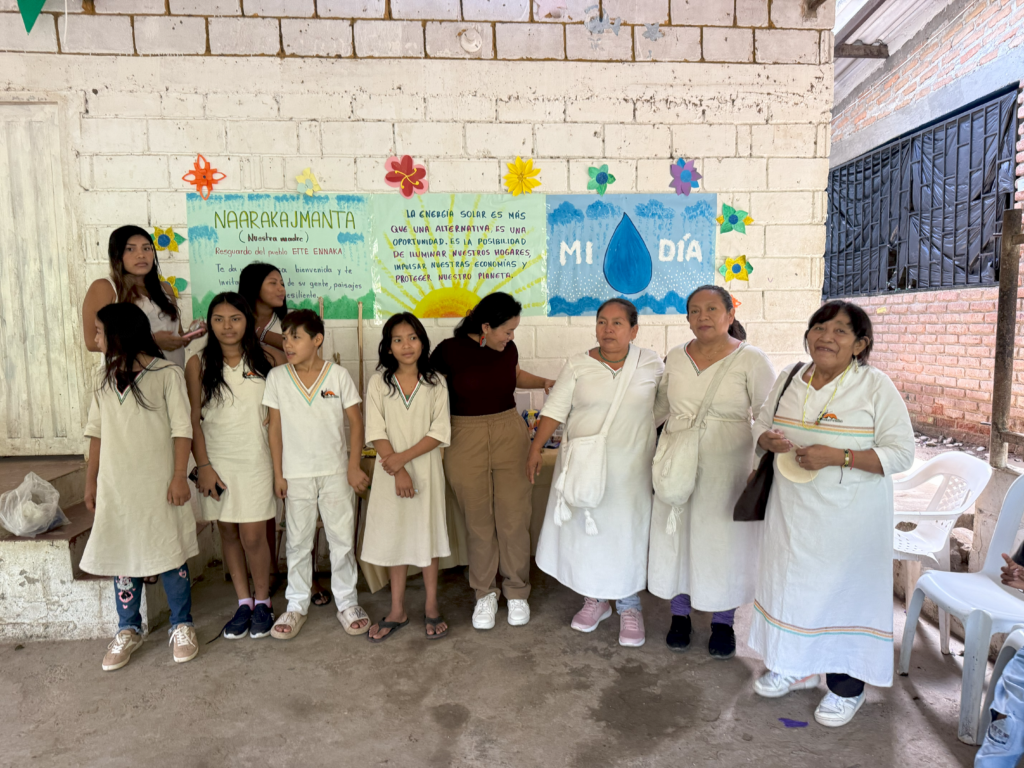
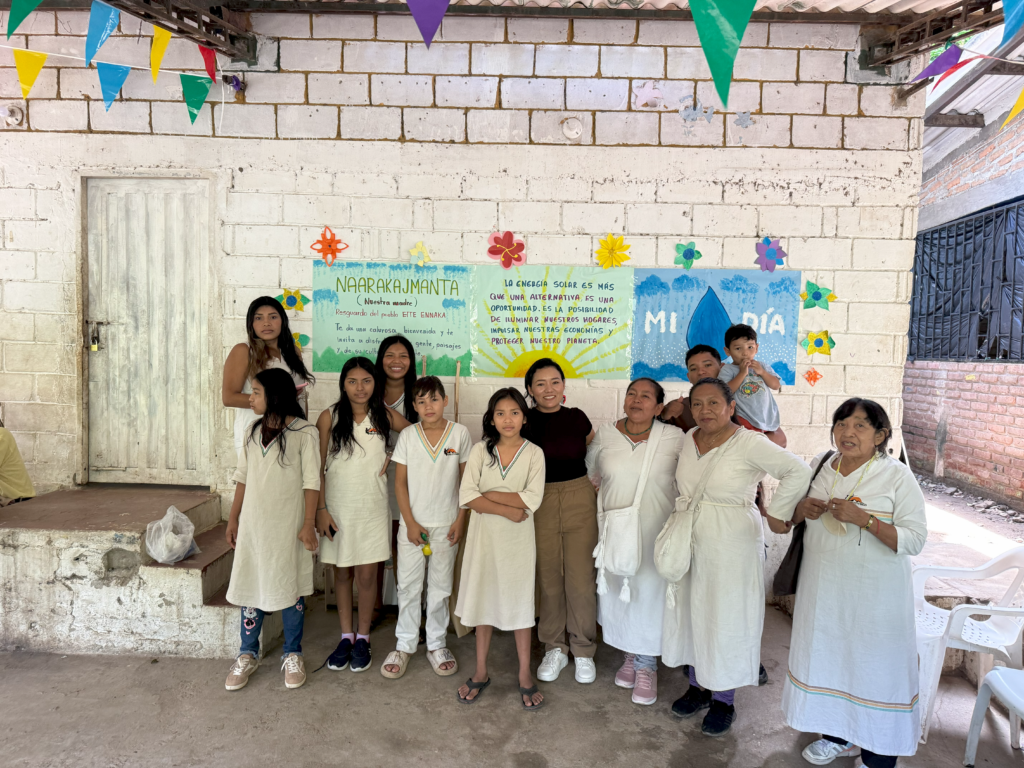
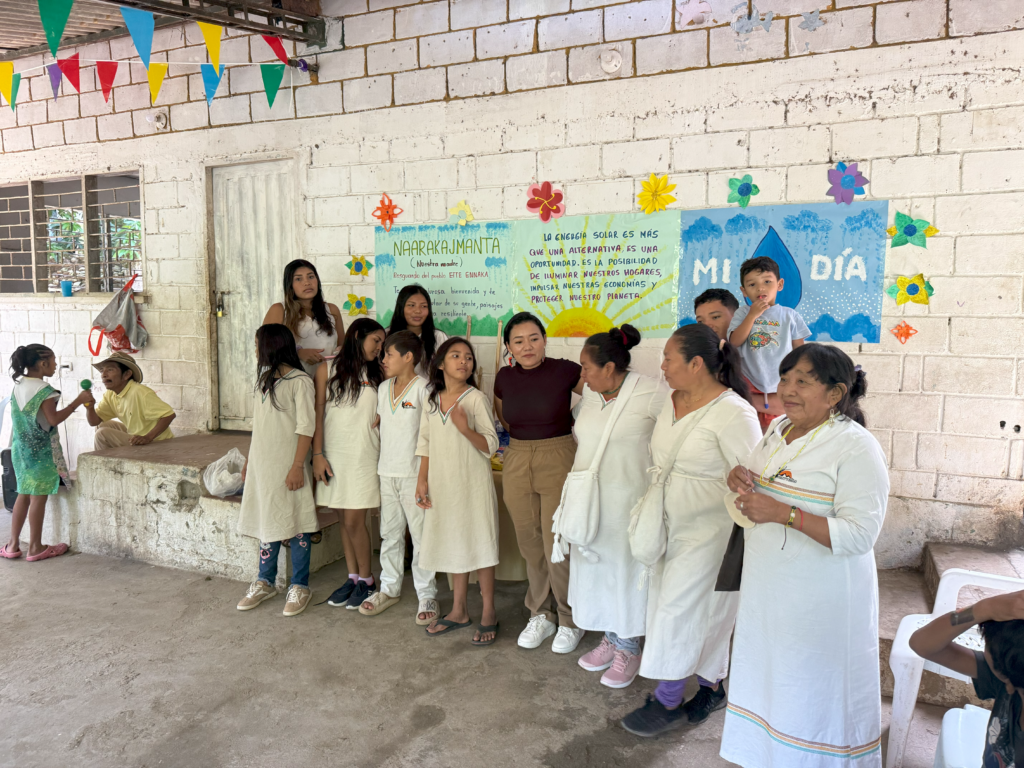

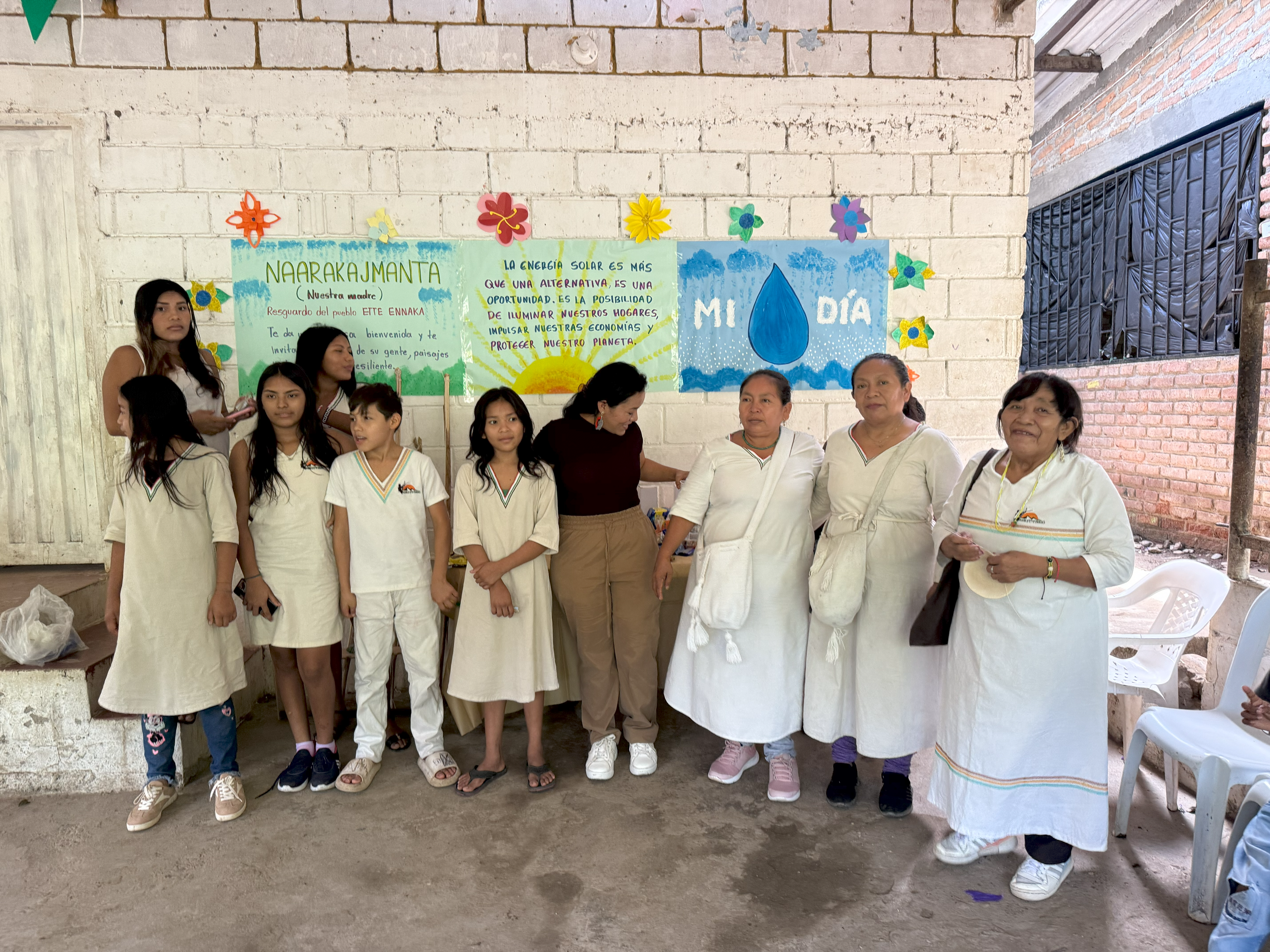
+ There are no comments
Add yours